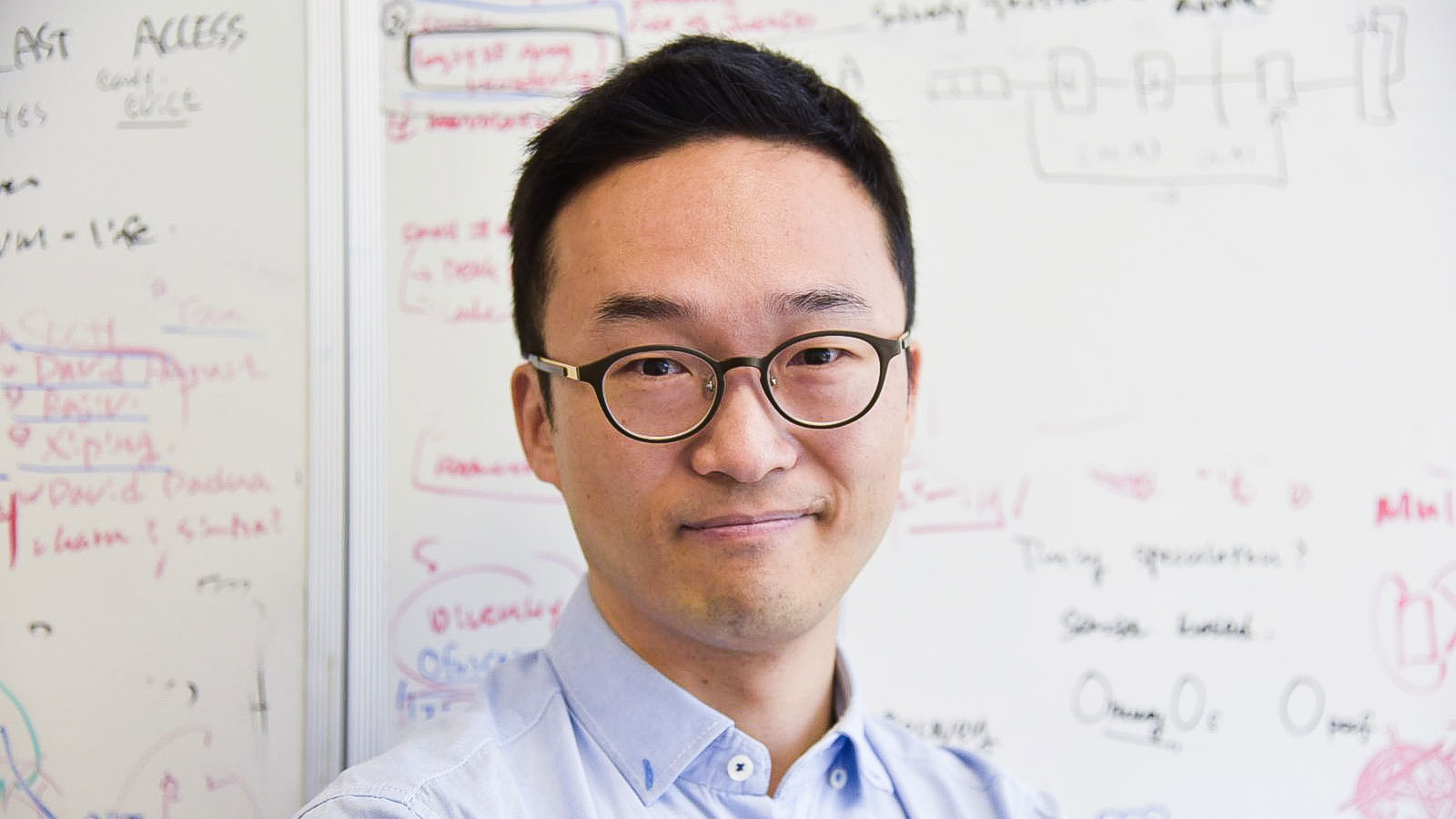Award
2018 NSF Career Award Winner
Department
Computer Science
What is the impact of your research?
My CAREER award will create tools and technologies for realization of soft error resilient computing systems at a low cost, contributing fundamentally to the fault tolerance research community. Adoption of the resulting compiler and microarchitectural techniques will impact a broad range of any disciplines that need correct computation results thus requiring reliable computing systems, covering from mobile devices to high-performance large-scale computing systems. Consequently, use of the resulting technologies will make the execution of current and emerging applications much more reliable, and therefore directly affect our way of life.
What do you like most about the field of computer science?
Entscheidungsproblem — meaning decision problem in German. What if we could build a machine to decide whether any given mathematical statement is universally valid, i.e., provable from the axioms using the rules of logic? Such a dream, that has been in mathematicians’ hearts for more than 200 years, was proven to be impossible by Alan Turing in 1936. This might be a sad news, but we find in his proof the origin of computers, i.e., the Universal Turing Machine, for which he reduced the Halting problem to the Entscheidungsproblem. The broken dream turned out to be a joy leading to the advent of computers and computer science. Like the original name, Universal Turing Machine, our computers are now versatile. We can do many things with computers by feeding them a different program for each purpose. That is the beauty of computers, which is the main reason why I decided to study computer science.
What path did you take to get to this point in your career and research?
My Ph.D. dissertation was motivated by Turing Award winner Niklaus Wirth's famous equation, "Algorithms + Data Structures = Programs.” I created practical tools to help programmers analyze and optimize their data structure usage by taking into account the underlying hardware behavior. In August 2013, I completed my Ph.D., having spent three summers interning at Google's compiler optimization team, and that fall I arrived at Virginia Tech. Around that time, I realized that programs can malfunction due to various reasons, including hardware faults. Ever since then, I have been exploring novel ways that compilers and computer architecture can interact in a synergistic way to address important system reliability issues, such as soft error resilience.
When you are not researching, what do you enjoy doing in your spare time?
My wife, Sangmi, and I have three kids, and most of my time is spent playing with my two girls, Hannah and Chayah, and changing many diapers of my six-month old son Ian. Once all my kids go to bed, I read the Bible intensively and carefully, sometimes hours at a time.
